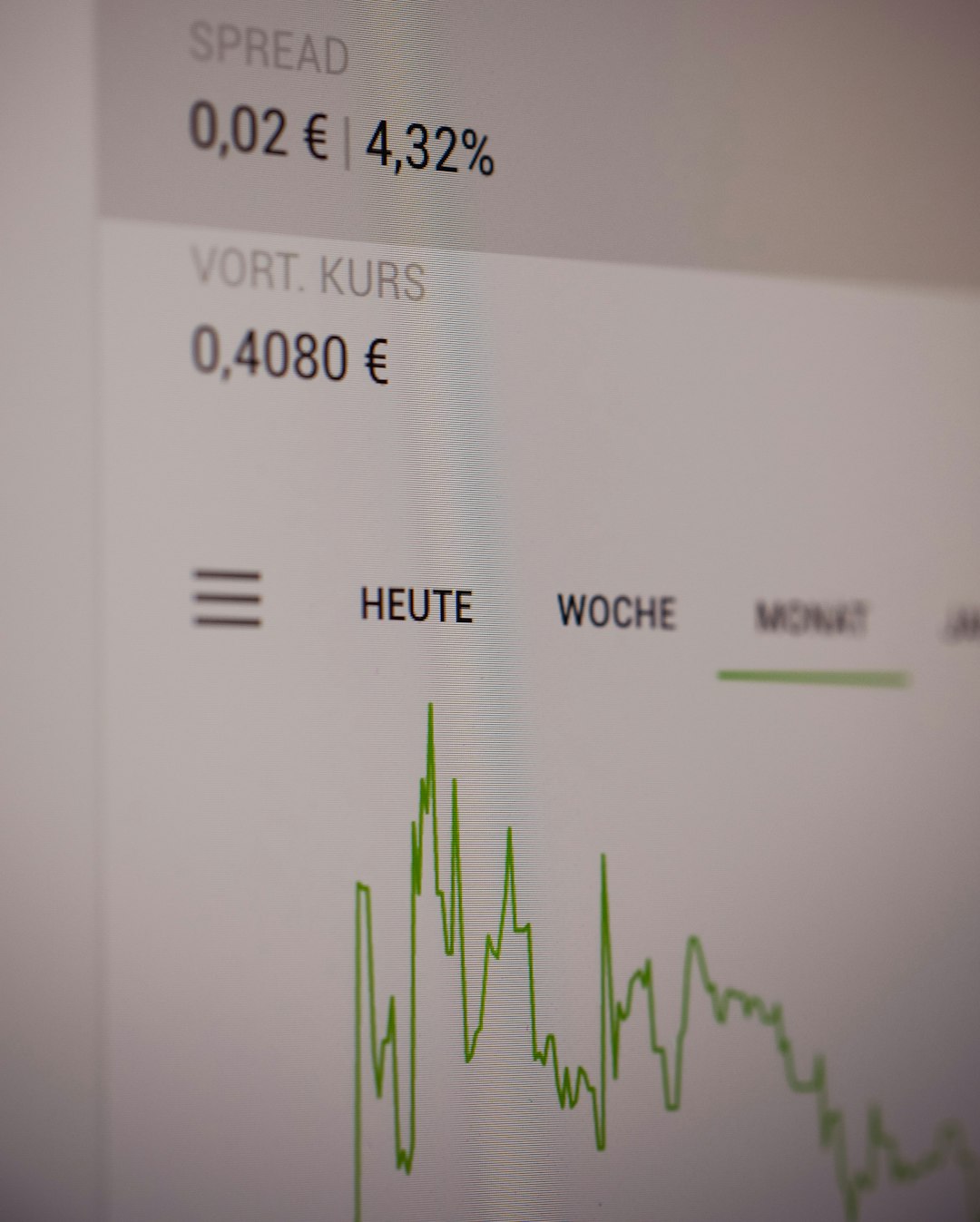With the recent sudden collapse of SVB Financial’s (OTCMKTS:SIVBQ) Silicon Valley Bank and Signature Bank (OTCMKTS:SBNY), the entire banking sector has been thrown into turmoil. As a result, bank stocks plummeted. However, this creates several attractive opportunities for investors to capitalize.
Many bank stocks are being priced down despite being well-insulated from potential fallout from the failures of SIVB and SBNY. And, many regional banks are Dividend Champions with long histories of dividend growth, such as the three below.
Community Trust Bancorp (CTBI)
Community Trust Bancorp (NASDAQ:CTBI) operates as a regional bank with 84 branches across 35 counties in Kentucky, Tennessee and West Virginia. It is Kentucky’s second-largest bank holding company, boasting a $5.5 billion balance sheet. It has established itself as a tremendous dividend growth stock, with 42 consecutive years of dividend growth.
The company offers a wide array of banking services for both commercial and personal purposes, as well as trust and wealth management activities. These services encompass accepting both time and demand deposits, extending loans to both individuals and corporations, providing cash management services, issuing letters of credit, renting out safe deposit boxes, facilitating funds transfers and more.
Over the last decade, Community Trust Bancorp has achieved an average annual growth rate of 6.4% in earnings per share (EPS). Over the last five years, it has 9.5% EPS compound annual growth rate (CAGR). Despite this, the recent aggressive increase in interest rates by the Federal Reserve has slowed down the economy. Furthermore, the non-recurring tax rate cuts in 2018 and 2019 will likely not contribute to further growth. Consequently, the bank is projected to experience a slower growth rate in the coming years, estimated at 2% per year over the next five years.
During the Great Recession, Community Trust Bancorp proved its strength by remaining profitable and raising its dividend. Therefore, it stood in contrast to many other banks. Despite an 8% decline in EPS during the pandemic in 2020, the bank’s conservative loan portfolio has enabled it to outperform most other banks with very low net loan charge-offs.
However, the bank’s stock may underperform its sector during significant market downturns due to its low market capitalization and limited trading liquidity. Hence, investors who prioritize fundamentals over short-term price pressure might find this security attractive.
With an expected payout ratio in 2023 of less than 40%, Community Trust Bancorp’s dividend looks safe for the foreseeable future. It is an opportunistic buy amid turmoil in the banking sector.
Bank OZK (OZK)
Bank OZK (NASDAQ:OZK) is a diversified financial institution founded in 1903 and provides various retail and commercial banking services. These include deposit-taking products and loans for real estate, businesses, agriculture and homebuilding. It also offers trust and wealth services and operates in 240 offices across eight states.
Bank OZK has had almost yearly increases in profits per share since the financial crisis, with an 11% growth rate from 2011 to 2019. Despite the challenges faced in 2020, the company will likely continue its growth trajectory with catalysts like economic growth, interest rate hikes, and a low payout ratio. Bank OZK is relatively well insulated from market movements due to its small amount of non-interest income. With a record EPS achieved in 2022, a 3% EPS growth rate is likely over the next five years.
The bank has a strong record of dividend increases with multiple raises each year since 2010. The bank’s payout ratio remains low despite a temporary uptick in 2020 due to depressed earnings. Bank OZK has a strong presence in key markets due to the opening of new branches and inorganic growth. As a result, it the largest bank in Arkansas.
Its stability during the last financial crisis and ability to grow profits make it an attractive financial stock. Bank OZK also benefits from its underwriting skill that enables it to earn high yields on its loans while keeping credit risks quite low.
The yield is quite attractive following the broader market selloff. Its expected 25% payout ratio in 2023 makes it quite a safe dividend growth stock as well.
Ameriprise Financial (AMP)
Ameriprise Financial (NYSE:AMP) is a large financial services company with over 12,000 employees. The company manages over $1 trillion in assets and has four operating segments: Advice & Wealth Management, Asset Management, Annuities and Protection.
Ameriprise Financial has enjoyed an EPS growth rate of 15.7% between 2013 and 2022. However, it is expected to have a more conservative 8% EPS growth in the future, driven by revenue growth and share repurchases. The large Advice & Wealth Management segment is expected to continue growing revenues steadily. The company is likely to favor share repurchases, given its persistently low valuation multiples, and dividend growth is expected to roughly keep pace with earnings growth.
The majority of Ameriprise Financial’s balance sheet is composed of debt, which can cause problems when the value of its assets faces volatility. This was seen in the 2007-2009 financial crisis. However, the company appears well-run, and the likelihood of experiencing another financial panic is low. Ameriprise Financial’s key competitive advantage is its reputation as a well-known financial firm. It has many assets under management and over 9,000 agents.
With 18 consecutive years of dividend growth, and the stock price down by about 20% over the past month, it appears to be a very attractively priced dividend growth stock. Moreover, its expected payout ratio for 2023 is just 16%, making its dividend very safe and likely to continue growing despite the broader turmoil facing the banking sector at the moment.
On the date of publication, Bob Ciura did not hold (either directly or indirectly) any positions in the securities mentioned in this article. The opinions expressed in this article are those of the writer, subject to the InvestorPlace.com Publishing Guidelines.
